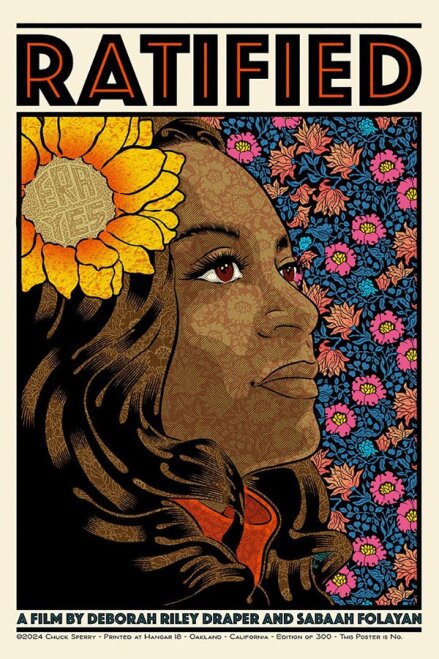Exploring the Wisconsin experience
March 23, 2016
I have a confession to make. Growing up, I never gave nonfiction books a chance. Compared to the thrill I got trying to name the real killer in a mystery novel, immersing myself in the fantastical happenings of a story imbued with magical realism, or escaping via spaceship to another galaxy far, far away.
In comparison, I thought nonfiction was probably just boring, stuffy, and dry. The only nonfiction I read were the textbooks handed to me in class. If you handed me a memoir, or even a work of creative nonfiction, I’d pass it up; brushing it off as just not something I’d probably connect with.
Luckily, I have moved beyond generalized genre stereotypes, and now happily read almost any type of writing. The fact is, nonfiction can play just as an important a role in helping us come to terms with the world around us, the people that inhabit it, and the past that has led us to where we are today. They can be a faithful reminder of all out there we as individuals have yet to explore, and that’s why they’ve captured a special place in my heart. This month, I’d like to point out a few new nonfiction titles we’re all linked to by their authors’ connection to the state of Wisconsin.
The Madison College Libraries generally purchases books that support the information and research needs of the classes and programs of the college. However, one very special part of our collection is dedicated to books by Wisconsin authors – loosely defined as a person that has spent some formative part of their life in Wisconsin. The “Wisconsin Experience,” you’ll find, is as unique as the author that explores it, as these recently-purchased books illustrate:
“Little Hawk and the Lone Wolf: a Memoir” by Raymond C. Kaquatosh – “Little Hawk” was born Raymond Kaquatosh on Wisconsin’s Menominee Reservation. The son of a medicine woman, Ray spent his Depression-era boyhood immersed in the beauty of the natural world and the traditions of his culture. He went on to serve in the marines where he faced racism from both enemy troops as well as his fellow marines.
“Living in the House of Drugs: a Memoir of Willie Triplett” by Christine Keleny – The story of Willie Lee Triplett, a recovering addict and alcoholic. This biography explores Willie’s life in the suburbs of one of Chicago poorer neighborhoods, his chance trip to Wisconsin, and his ongoing struggle for sobriety.
“The Man Who Painted the Universe: The Story of a Planetarium in the Heart of the North Woods” by Ron Legro – As a young boy, Frank Kovac Jr. fell deeply in love with stargazing, painting glow-in-the-dark constellations on his bedroom wall and inviting friends to an observatory he built in his Chicago backyard.
While working at a paper mill as a young adult, Kovac brought his home-grown planetarium to life in the north woods of Wisconsin.






























